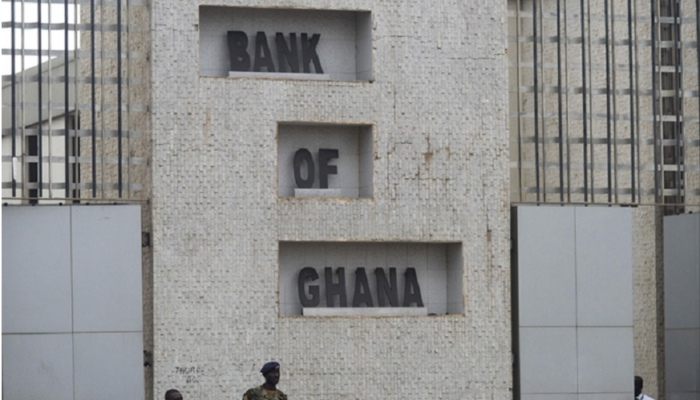For the second consecutive time, the Bank of Ghana has opted to maintain the country’s interest rate at a historic 30%, aiming to further curb the current inflation rate of 35.2%. Additionally, the apex bank has implemented an increase in the cash reserve ratio on bank deposits from 14% to 15%, effective from November 30.
Over the period spanning November 2021 to July 2023, the Bank of Ghana aggressively raised the country’s benchmark rate from 13.5% to 30%. Simultaneously, the inflation rate surged from 12.2% to 35.2%, reaching a peak of 54.1% in December 2022.
Ernest Addison, the Governor of the Bank of Ghana, justified maintaining the interest rate at 30%, citing the ongoing disinflation process supported by the current stringent monetary policy and a relatively stable currency, coupled with the base drift effect. Addison emphasized, “Inflation is decelerating, but it remains high relative to the target. Therefore, there is a need to keep the policy rate tighter for a longer duration until inflation is firmly anchored on the downward trajectory towards the medium-term target.”

Despite the inflation rate standing at 35.2%, well above the central bank’s target of 10%, Ghana has entered a phase where inflation is slowing down due to the base effect.
In the post-COVID era, Ghana confronted what is now referred to as “the worst economic crisis of a generation,” prompting the country to seek assistance from the International Monetary Fund (IMF). As part of the conditions for a $3 billion loan from the IMF, Ghana had to restructure its $50 billion debt. In 2022, the Ghanaian Cedi depreciated by over 55%, leading to a spike in the prices of goods and services, resulting in a cost-of-living crisis.
Following the receipt of the first tranche of $600 million from the IMF in May 2023, Ghana’s economic trajectory began to show signs of improvement, marked by a continuous decline in the inflation rate.
In conclusion, the Bank of Ghana’s decision to maintain the interest rate at 30% reflects the ongoing efforts to stabilize the country’s economy amidst challenging circumstances. The measures taken, including the increase in the cash reserve ratio, aim to address inflation and promote economic recovery. Ghana’s collaboration with the IMF and the subsequent financial assistance received have played a pivotal role in mitigating the impact of the economic crisis, paving the way for positive developments in the nation’s economic landscape.
Support InfoStride News' Credible Journalism: Only credible journalism can guarantee a fair, accountable and transparent society, including democracy and government. It involves a lot of efforts and money. We need your support. Click here to Donate
